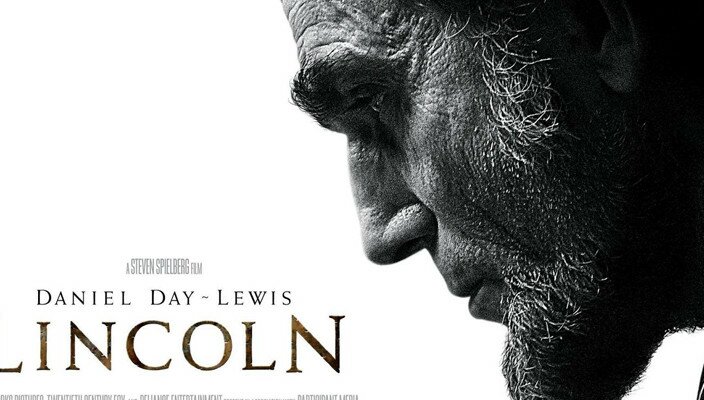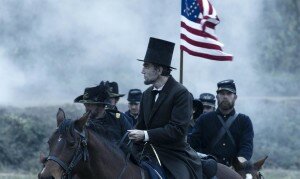Rearview: Lincoln
A lot is always expected from the director of Schindler’s List, The Color Purple and Saving Private Ryan. And with Lincoln, Spielberg delivers a biopic on America’s greatest leader which has been researched and performed with great panache.
The movie deals with certain themes like the Confederates, the Civil War, and the clash between the radical Republicans with the conservative Democrats in its initial few sequences, which makes it difficult to grasp for a viewer who is not aware of American history. However, it soon moves on to other themes which have more in common with present day political battles.
The film covers the last four months of Lincoln’s life and the fight that he had to put up in order to abolish slavery in America by passing the 13th Amendment to the United States Constitution. Passed on January 31st, 1865, and ratified on December 6th of the same year, the Amendment banned slavery and involuntary servitude except as a punishment for crime. The movie explores the challenges faced by Lincoln to bring peace in a war torn country where racism was rampant, and how he had to put his re-election status in danger in order to get the 13th Amendment passed.
Dialogues play an important role in this movie and Tony Kushner has written the script well, leaving no loop holes and getting the story across subtly.However, it was disappointing to note that though there were so much spoken about the Civil War, there was only one battle sequence in relation to in. Spielberg’s production notes say: “My movies more often are told through pictures, not words. But in this case, the pictures took second position to the incredible words of Abraham Lincoln and his presence.” Similar to this, Spielberg skips showing Lincoln’s assassination and the fact is brought to light, through a person that announces this news. It is things like these which prevent Lincoln from being an overtly dramatized movie and makes it a fine example of textured storytelling instead.
Oscar winner, Daniel Day-Lewis delivers the performance of his lifetime and breathes life and energy into the charismatic character of Abraham Lincoln. The melancholy in his performance as he depicts the life of a leader who is trying to attain justice for the Negroes, and a father who is scared for his son’s life is truly commendable. He delivers monologues laced with humour and wit and manages to hit just the right chord with the audience.
It will be unfair not to mention the other actors, as every one of them deliver fine performances. Tommy Lee Jones plays the character of Thadeus Stevens who is initially the biggest obstacle in Lincoln’s path but eventually changes sides. He is simply brilliant in his portrayal. Sally Field, playing Lincoln’s wife is commendable, nagging him perpetually and being a pain to tolerate.
The narrative style is often slow, and the movie could have been cut down by three quarters of an hour. The cinematography is mediocre with long shots and mid shots taking precedence over close ups even when hard hitting dialogues are being delivered, which gives a sense of detachment to the viewer. The editing could have been better, and faster cuts would have probably made the film more dynamic and appealing to the viewer.
Overall, Lincoln, the Academy Award winner for Production Design and Best Actor (Daniel Day-Lewis) is a well-researched, heartfelt biopic graced with very powerful performances, even though the slow narration makes it a slight bore to watch at times.
Share
-
Jeff
« Underrated Movies you must watch #1 Review: Chashme Baddoor »



















